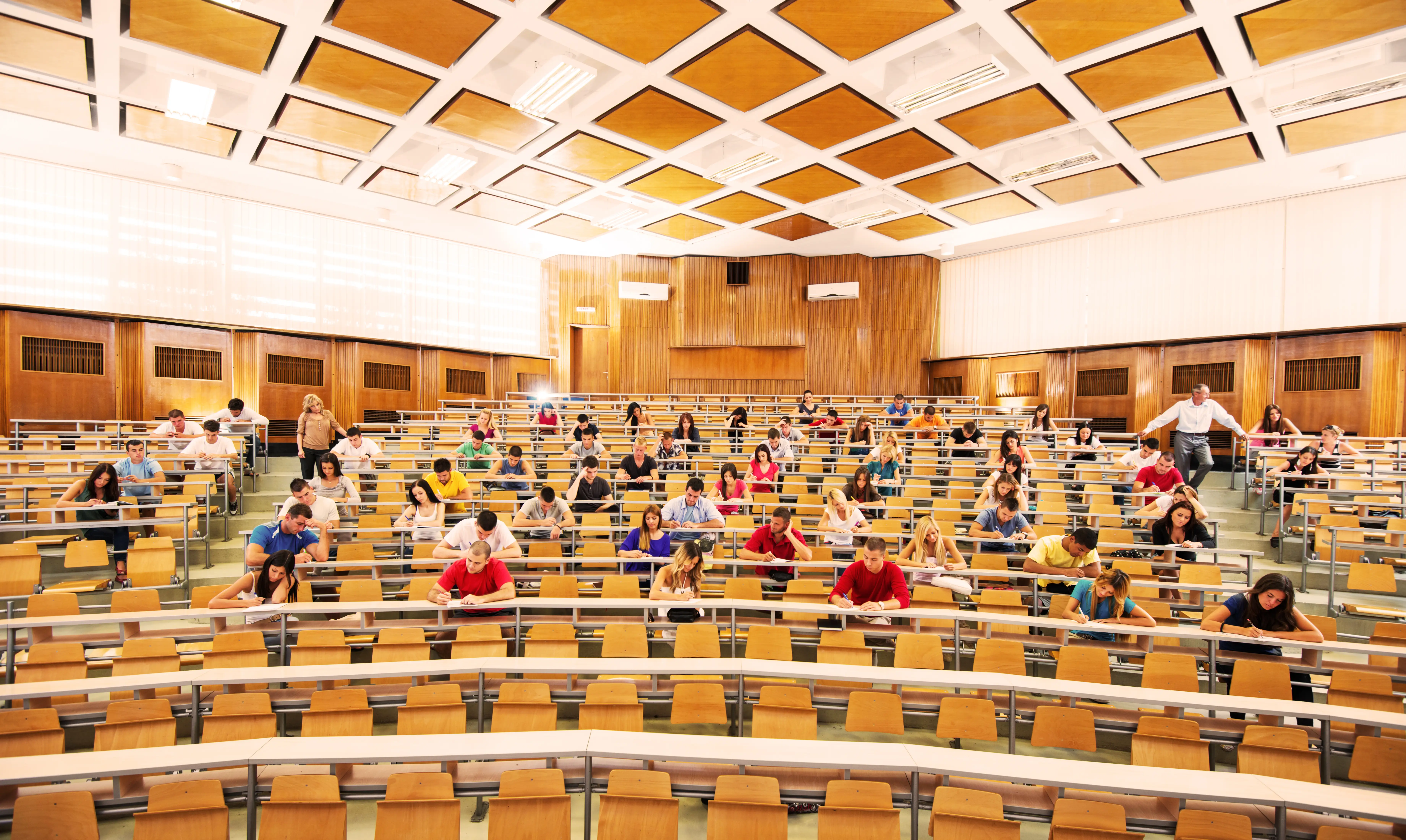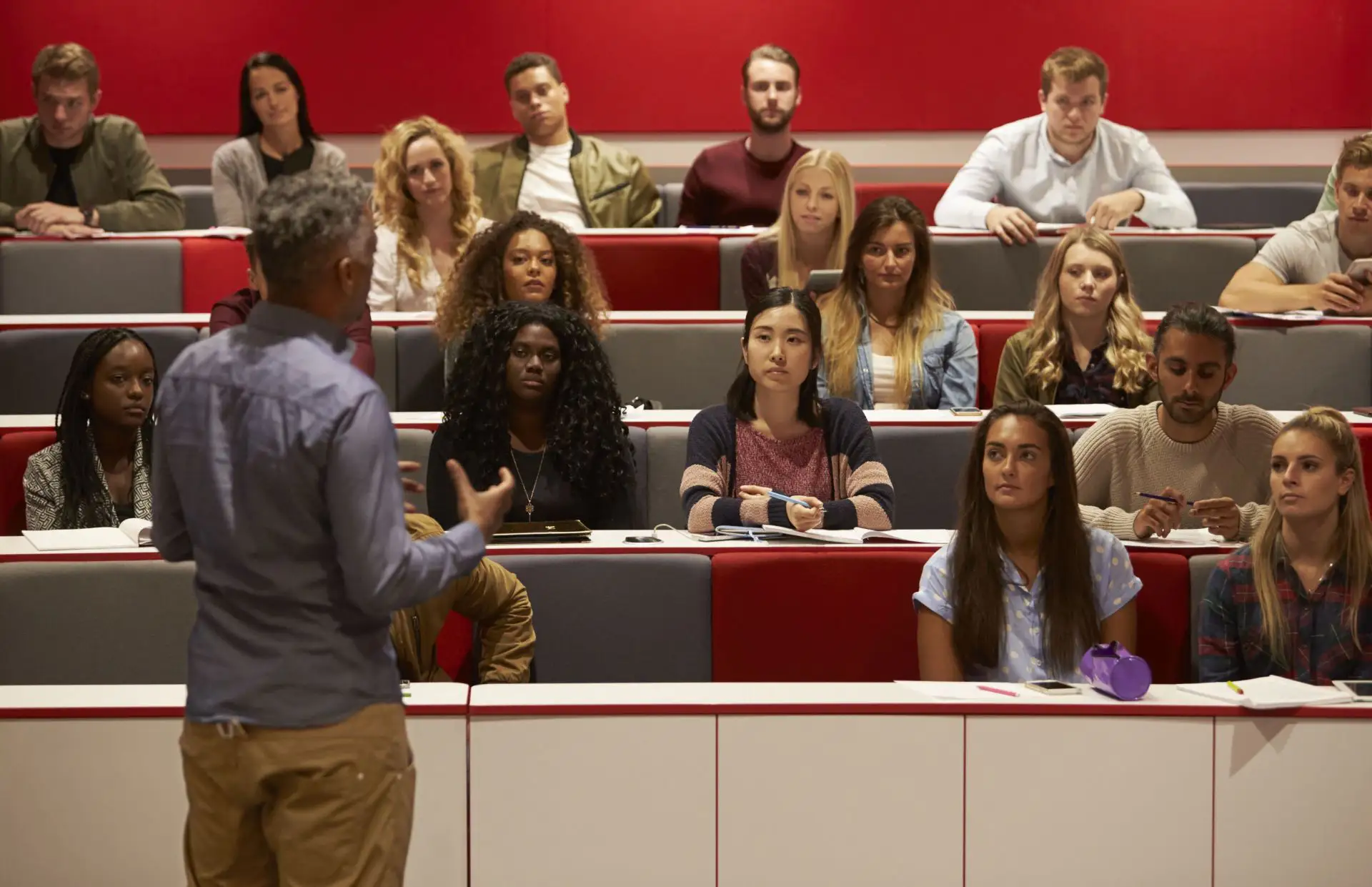
Politics & Society
Our kids are missing out on critical thinking

There is a growing concern that Australia’s university students lack critical thinking, but maybe the problem is how we teach and assess it
Published 26 March 2025
Critical thinking is no hyped-up educational construct. It’s real. In fact, it’s an increasingly important and relevant skill for our students to develop.
Critical thinking is key to dealing with today’s data-obsessed socially connected society, especially given the proliferation of AI, fake news and scams.

Analytical thinking, to call it by its other name, is also vital in navigating a complex global environment including ‘wicked’ intractable problems like climate change and resource shortages.
According to a recent survey of more than 1,000 global employers, which covered more than 14 million workers across 22 industry clusters and 55 global economies, critical thinking was the most desirable skill for employers.
Hardly surprising really. It is a graduate attribute whose time has come.
There is a growing concern, however, that university students today are not up to the task when it comes to critical thinking.
But is that the right issue to focus on?

Politics & Society
Our kids are missing out on critical thinking
Maybe it’s not a student problem. Maybe it’s a problem with how we assess those students.
If we look at conventional approaches to assessing critical thinking, they are rather impressionistic. They can depend on a teacher’s ‘feelings’ about whether the student has demonstrated critical thinking in their assessed work.
Some teachers may exhort ‘don’t describe, demonstrate critical thinking’ without telling students precisely how to do this.
In fact, there are studies showing that academic staff are not clear what critical thinking is themselves.

The concept of critical thinking, as Welsh writer and academic Raymond Williams noted long ago, is “a most difficult one”. It remains so. While it’s widely lauded as important, it’s not well understood. And instructors struggle to teach it adequately.
So, perhaps the criticism that students lack critical thinking is a teacher problem, too.
Then there’s the issue of measuring critical thinking. Are assignments an accurate measure?
Our work tried to establish just that. We investigated exactly how critical thinking can be demonstrated in a business context and how university business schools can prepare students for it.
Our work provides a framework to measure critical thinking skills empirically. The framework is inspired by US researcher Robert Ennis’ conception of critical thinking that involves 18 abilities.

These critical thinking abilities include basic clarification, having a basis for inference, demonstrating inferences, showing advanced clarification and a host of critical thinking-related auxiliary abilities.
By analysing 152 essays in a business analysis subject over a six-year period across 11 of the 18 abilities from Ennis’ list, we found the essays rank highly on auxiliary abilities and advanced clarification – but low on basic clarification, bases for inference and inference.
The data showed us that:
Students can generally understand a problem, structure and formulate it, and represent it visually and using maths.
They can make assumptions and judge them according to their appropriateness.
But somewhat disappointingly:
They don’t judge the credibility of their sources well.
They lack the ability to analyse evidence, reasons and provide support for solutions or conclusions.
They lack abilities in making clear the basis for inference, deductions and judging deductions, and making inductive inferences.
This isn’t encouraging news.

But by referring back to Ennis’ definition of critical thinking, we’ve constructed a framework of critical thinking abilities that can be used to assess assignment in a systematic, non-impressionistic way.
Our framework uses a precise way of analysing evidence of students’ critical thinking in a corpus of assessment text by matching each paragraph to the 18 abilities.
And it can be customised. The framework takes into consideration that not all abilities might be used all the time, and there might be differences in disciplinary contexts and learning goals.
We looked at how we can analyse assignments to assess the effectiveness of critical thinking abilities of business students – but it has the potential to assess students from all other disciplines.

Health & Medicine
As AI gets smarter, are we getting dumber?
For possibly the first time, our method and framework provide teachers with a tool to make explicit what was previously assessed tacitly – or not at all.
This is particularly important where identifying critical thinking skills might have been challenging to do in the past (e.g. new teaching staff, less experienced of replacement instructors).
Having a more rigorous approach to assess critical thinking allows for more targeted and precise feedback on how students develop critical thinking.
Thinking critically ourselves about how we assess critical thinking will only help students become better critical thinkers.